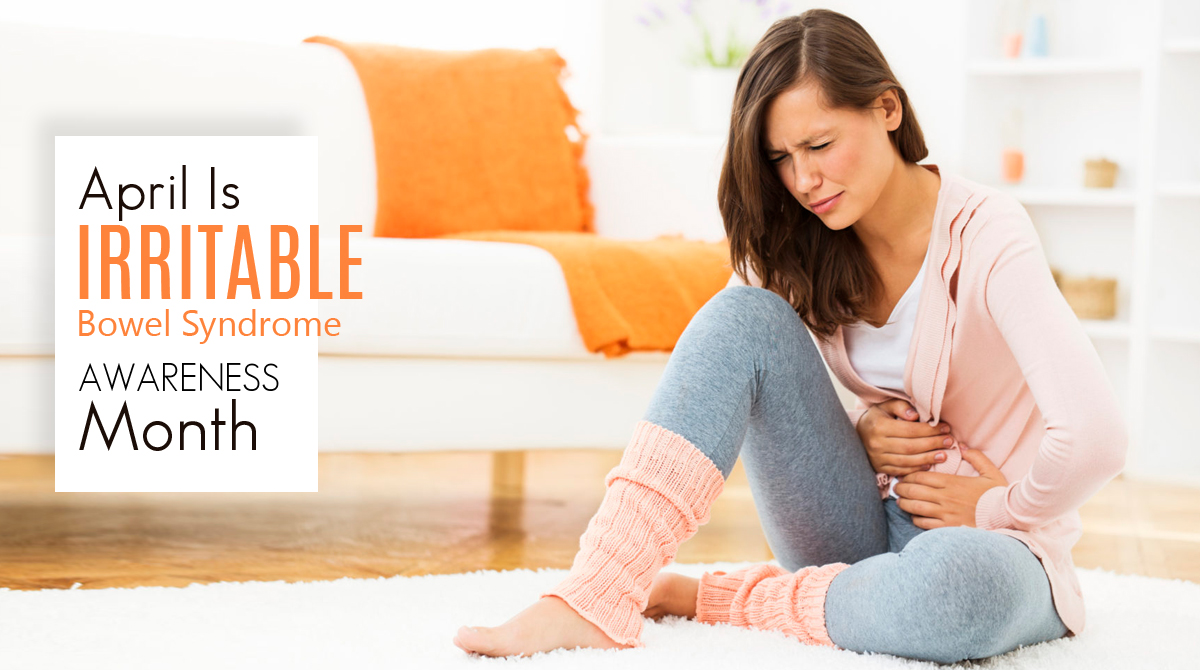
Women Fitness is an exhaustive resource on exercise for women, workouts for women, strength training, Zumba, HIIT, weight loss, workout, fitness tips, yoga, pregnancy.

Irritable Bowel Syndrome Awareness
Irritable Bowel Syndrome Awareness Month is vital for promoting early diagnosis, reducing stigma, and advancing care and support for individuals with IBS on a global scale. The theme is Destigmatizing the Different Types of Irritable Bowel Syndrome.



